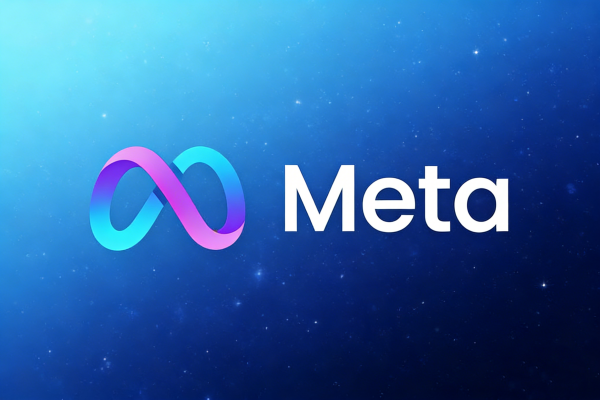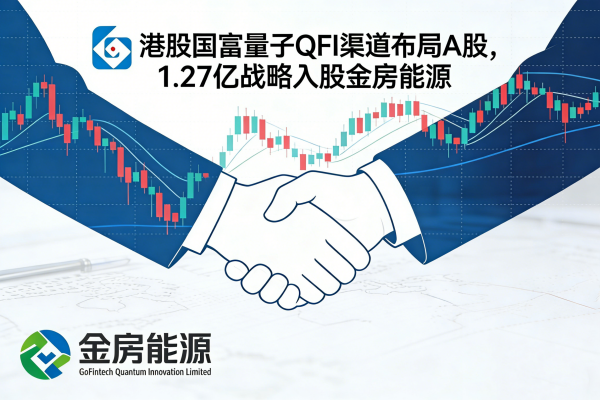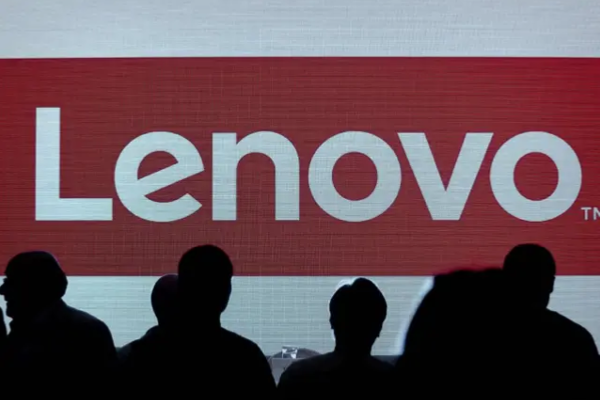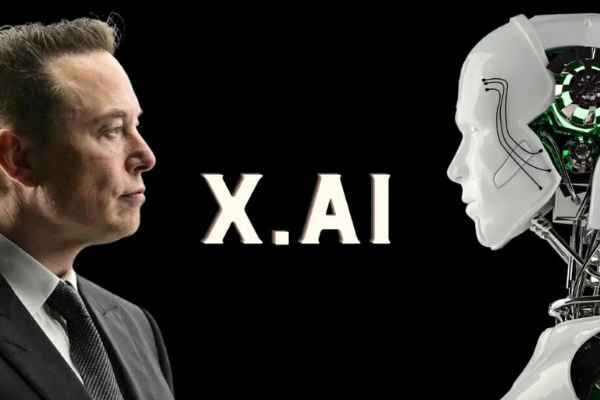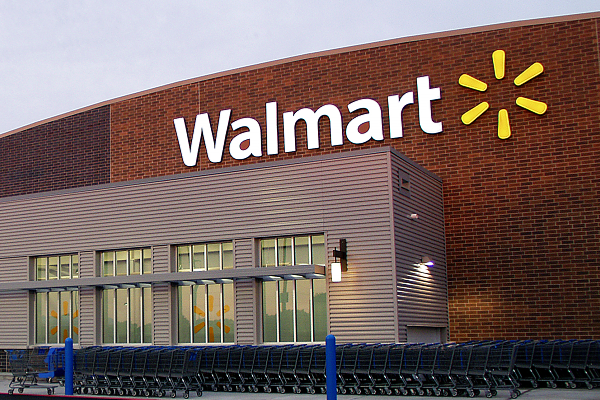Traditional Finance and DeFi: The Inevitable Path from Opposition to Integration
DeFi's importance to the core business of traditional finance has become more prominent, and traditional finance has gone from skepticism to recognition, believing that it will bring systemic improvements.
The current financial system is hampered by inefficiencies, which not only suppress economic growth but also consume a lot of resources. The risks are high, and the cost of inaction is even higher. Many people see decentralized finance (DeFi) as a transformative solution - a way to cut redundancy and unlock real value. DeFi is not just an alternative, but the future that traditional finance is about to embrace. And it all starts with policies that support its thriving development.
More than two-thirds of traditional financial companies are paying attention to DeFi
The technical infrastructure and systems currently used by traditional finance are labor-intensive and require a lot of manual intervention. Therefore, traditional financial companies have been exploring cutting-edge technologies. They actively look for ways to use technology to reduce costs, improve risk management, and streamline operational efficiency. Cryptocurrencies are increasingly integrated into their strategies:
1. Traditional financial companies see DeFi as a solution to operational efficiency problems.
2. Almost nine out of ten companies are actively investing or researching how to take advantage of the benefits of public blockchains.
3. Traditional finance is embracing its own disruption because it understands how much it can gain from moving to DeFi-driven infrastructure.
It’s inevitable that DeFi will eventually be critical to most core businesses
Traditional finance clearly believes that DeFi will eventually be critical to its core products and business lines. This all stems from traditional finance’s belief that DeFi will bring real improvements to the financial system.
We have come a long way from the days when skeptics believed that DeFi would never be relevant outside of cryptocurrencies. Now, traditional finance believes that DeFi is not only inevitable, but an opportunity.
Traditional finance denies that private blockchains have the same value as public permissionless blockchains
Earlier last year, research showed that central banks are abandoning proprietary blockchains and increasingly turning to open source software and public networks. Now, most of the traditional finance community believes that public permissionless blockchains are essential to take advantage of benefits such as smart contracts and tokenization.
It is critical to protect such systems, and strong incentives are needed to develop and maintain open public infrastructure.
Traditional finance is most interested in stablecoins, tokenized assets, and decentralized exchanges (DEX)
Traditional finance has the greatest interest in stablecoins, tokenized assets, and decentralized exchanges (DEX), which correlates with the increase in on-chain transaction volume in these areas.
These three "pillars" are necessary to accelerate market development, because now there is a settlement asset, a common way to represent other assets, and an extensible protocol that can be used in combination to perform financial transactions on the chain.
In the coming years, these charts are expected to continue to develop upward and to the right.
The biggest obstacle preventing DeFi from unleashing true economic efficiency in the short term is the regulatory environment
Policymakers have a golden opportunity to accelerate development. Traditional finance understands that DeFi is inevitable and that it represents an improvement over most current systems. At this point, they are in line with the fundamental view of many cryptocurrency practitioners, who have been working to protect DeFi's open system to avoid stifling this innovation before it fully matures. The main obstacle for traditional finance to embrace cryptocurrency is not the need for more powerful infrastructure or lack of practicality, but that many banks and market regulators are preventing traditional financial companies, banks, trading platforms, and funds from touching DeFi.
The patient period of waiting and watching is over. Now four years have passed since the DeFi summer, and the global and cryptocurrency markets have experienced a series of events that have demonstrated the anti-fragility of DeFi. It is time for regulators to start opening the gates that separate traditional finance from DeFi and allow traditional financial companies to embrace the possibilities of this innovative technology.


